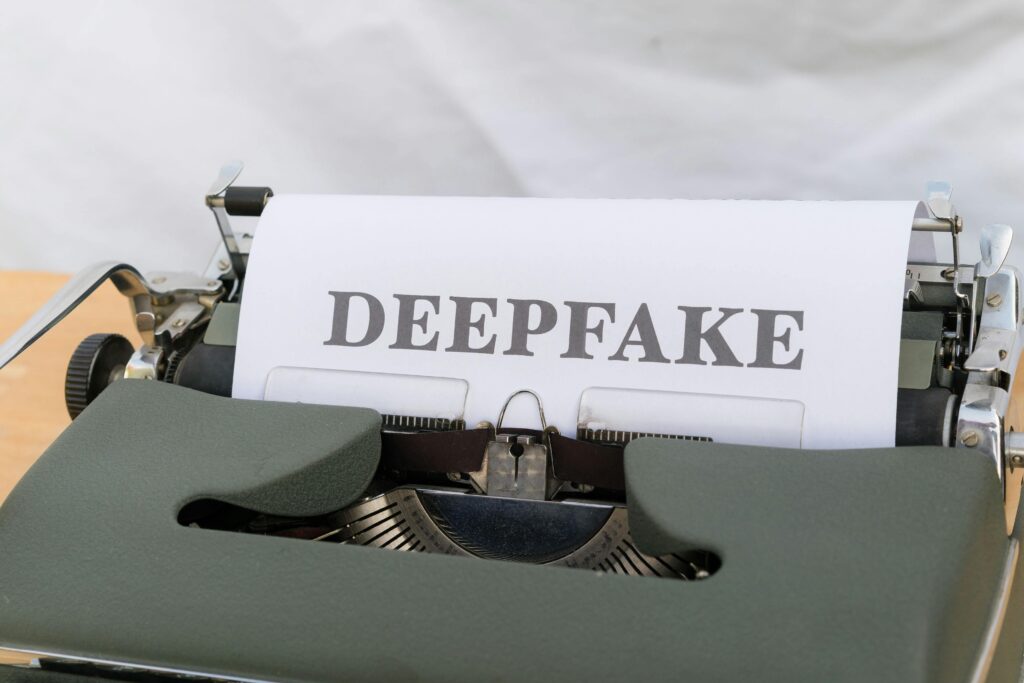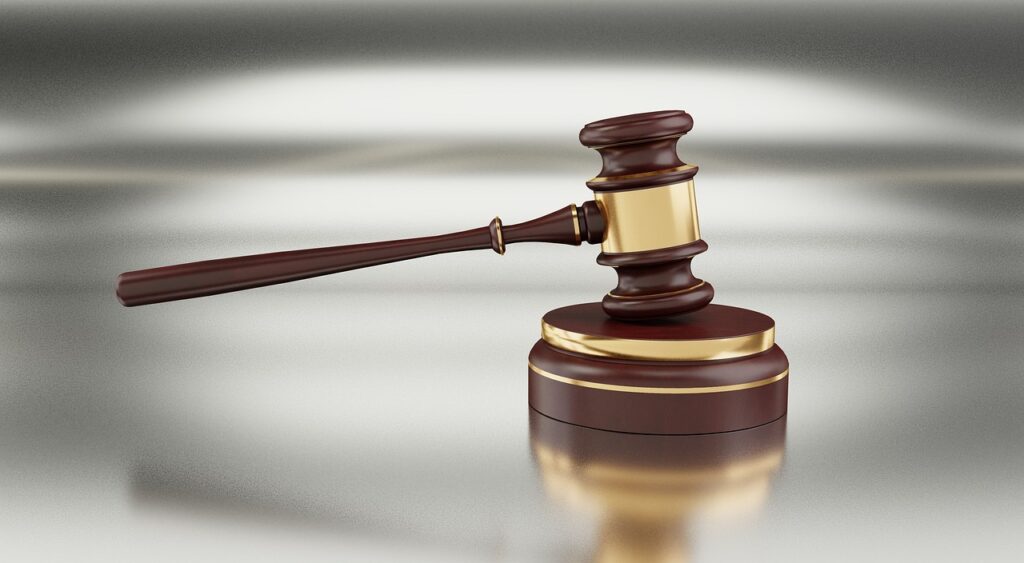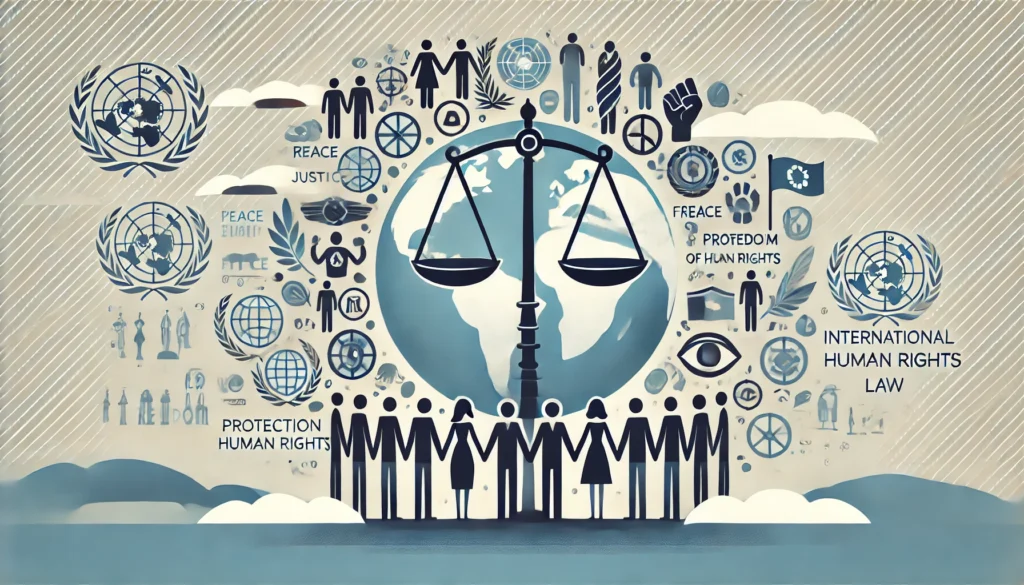Published On: October 27th 2025
Authored By: Parvati Nair
NMIMS
INTRODUCTION
Armed conflicts[1] according to the definition provided by the European Union are armed confrontations between the armed forces of States (international armed conflict), or between governmental authorities and organised armed groups or between such groups within a State.’ Statistically armed conflicts continue to be a grave concern internationally as it disrupts the continuity of peace established by the UN after hardships of the ‘League of Nations’. Armed conflicts may be international or non-international in nature but are still capable of inflicting global peril. A major example is the civil population being threatened with their right to life, such that of what is happening in Afghanistan and the Taliban. International Humanitarian Law also known as ‘Law of armed conflict’ is a body of rules that protects people and countries no or no longer participating in the conflict and sets limits to the use of arms. This law holds significant power over domestic laws and can hold countries and individuals gravely accountable. International Human Rights Law is another such statutory body that envisions cross country peace and outlines responsibilities. The International Criminal Court was established under the Rome Statue of 2002 and plays a key role in mediating and correcting armed conflicts.
HUMAN RIGHTS: ARMED CONFLICTS
In the context of armed conflict, two systems of law are applied simultaneously: IHL (International Humanitarian Law) and IHRL (International Human Rights Law). IHL has been primarily codified in the International Geneva Conventions of 1949 and their Additional Protocols. Together, IHL provides rules for the conduct of hostilities and attempts to restrict their consequences. The system provides protection for civilians and persons hors de combat (including POWs and wounded persons) and restricts the means and methods of warfare. IHRL exists throughout armed conflict (though states may derogate in limited circumstances), through instruments like the International Covenant on Civil and Political Rights (ICCPR).
The Human Right international laws have a reach and jurisdiction that covers massacres, gender-based violences, etc.
INTERNATIONAL CRIMINAL COURTS
The International Criminal Court (ICC) was established under the Rome Statute in 1998 and opened for business in 2002. The core mandate of the ICC is to prosecute individuals for the most serious crimes in the world: genocide, crimes against humanity, war crimes, and the crime of aggression. The Court is founded on the principle that individuals who perpetrate serious international crimes should be held accountable in order to uphold the rule of law and encourage compliance with the law in the future.
The ICC is the largest forum for the prosecution of crimes of war, and operates under 3 scenarios; when the crimes are being committed in the territory of a friends state that is party to the Rome Statute, when the suspects are persons who hold the nationality of a state party to the Rome Statute, and when the Criminal Court receives referrals from the United Nations Security Council which are not tied to any restrictions regarding territory or nationality. These limitations allow the ICC to still reach out, despite being limited in reach. It is also worth mentioning that other powerful states, such as the USA, Russia and China are not state parties to the Rome Statute, which begs the question as to whether the Rome Statute and ICC have universal jurisdiction.
ICC AND ITS ROLE IN HUMAN RIGHTS ARMED CONFLICTS
The ICC has opened a number of its own cases and prosecuted multiple individuals who have committed atrocities during armed conflict. The following are examples:
Darfur, Sudan (2005)[2] – The situation was referred from the UN Security Council which issued indictments against unconscious Sudanese officials for the commission of crimes against humanity and war crimes.
Uganda (2004)[3] – the ICC issued crimes against a number of Leaders of the Lords Resistance Army crimes ranging from murder, and enslavement, sexual violence against women and girls.
Ukraine (2022 – present)[4] – The Prosecutor on behalf of the ICC opened a preliminary investigation into the alleged commission of war crimes, and crimes against humanity as Russia was attacking Ukraine.
These prosecutions will assist the ICC further maintain and uphold much of its human rights standards at war. At the same time the ICC also believes in precautionary principles rather than post-crime reformation. While seeking justice via prosecution; also seeks to deter future crimes. In implying consequences for violators, it illustrates the norm that there is no one above the law, including Heads of State. The Court’s arrest warrant for the President of Sudan, Omar al-Bashir, was an important moment for the accountability of leaders. And the after-effects that impacted or displaced thousands of citizens were contributed to by the UN. The ICC, unlike previous ad hoc tribunals, places value on victims’ rights. Victims can participate in proceedings, lodge views and make requests for reparations. The Trust Fund for Victims (TFV), separately; assists with reparation and support programmes, for individuals and communities, affected by the crimes in the Court’s jurisdiction.
Political Resistance and Criticism of Selectivity
The size and scale of political resistance from powerful states will remain a fundamental challenge for the ICC. Non-party states unilaterally declare that their state parties do not exist when they reject the jurisdiction of the Court and they proceed to pursue jurisdictional matters as opposed to matters that align with the ICC’s aims—the universality of the Court is at risk. The criticism has emerged from colonial legacies of knowledge and power structure, and makes it seem that the ICC has selected African states and its interpretations of its statutes and instruments to reinforce the related perceptions of selectivity and bias.
Enforcement deficit
Without an enforcement mechanism, the ICC relies on the states to arrest indictees and secure evidence. It will pursue justice while many indictees remain outside of its jurisdiction because of the non-cooperation of States.
Sovereignty
The ICC is complementary to national jurisdictions. The ICC will only prosecute when and only if national jurisdictions are unable and/or unwilling. This mechanism does maintain the principle of state sovereignty, but it operates too slowly, allowing the possibility for injustice and delay.
Resource insufficiency
The Court does not have an infinite supply of human or financial resources to marshal to enable it to investigate many complex cases simultaneously and prosecute them all.
RECOMMENDATIONS
- More and Better State Cooperation[5] – States need to follow through on committing to arrest and surrender individuals needed to be presumed innocent until proven guilty.
- Universality of membership – Advocate for more powerful states to become parties to the Rome Statute.
- Balanced Docket – The ICC needs to more closely align its docket to have a more representative case selection in a global way, to resolve concerns about selectivity under the AD hoc Committee on Perpetrators of Serious Crimes.
- Better and More Funding – The ICC needs more funding to timely and comprehensively investigate allegations of crimes in a way that respects international law and the Court.
- Enhancing Victim Participation – Expanding issues of reparation and the Victims and Witness Support will improve the legitimacy of the Court.
CONCLUSION
The ICC can be viewed as a success in international justice through a legal architecture to prosecute serious alleged crimes committed during armed conflict. Whatever limitations that the ICC has, will only ever be a consequence of state and non-state political influences over its actions, limited enforcement frameworks for its decisions, and lack of resources, to name a few. Nonetheless, the ICC has played a vital role in closing the existing impunity gap, preventing future serious crimes, and creating a platform for the stories of victims of serious crimes. The ICC must elevate its authority and obtain further global support so that it becomes evident that any serious infringement on humanity by armed conflict will never dull humanity’s commitment to justice and human dignity.
REFERENCES
- “About the Court.” | International Criminal Court, https://www.icc-cpi.int/about/the-court. Accessed 14 September 2025.
- “HUMAN RIGHTS IN ARMED CONFLiCT.” ohchr, https://www.ohchr.org/sites/default/files/Documents/Publications/HR_in_armed_conflict.pdf. Accessed 14 September 2025.
[1] https://www.europarl.europa.eu/RegData/etudes/ATAG/2023/757582/EPRS_ATA(2023)757582_EN.pdf
[2] https://www.icc-cpi.int/darfur
[3] https://www.icc-cpi.int/uganda
[4] https://www.icc-cpi.int/situations/ukraine
[5] https://www-livelaw-in.svkm.mapmyaccess.com/foreign-international/russia-ukraine-conflict-international-criminal-court-prosecutor-to-open-probe-into-alleged-war-crimes-193072




